Class
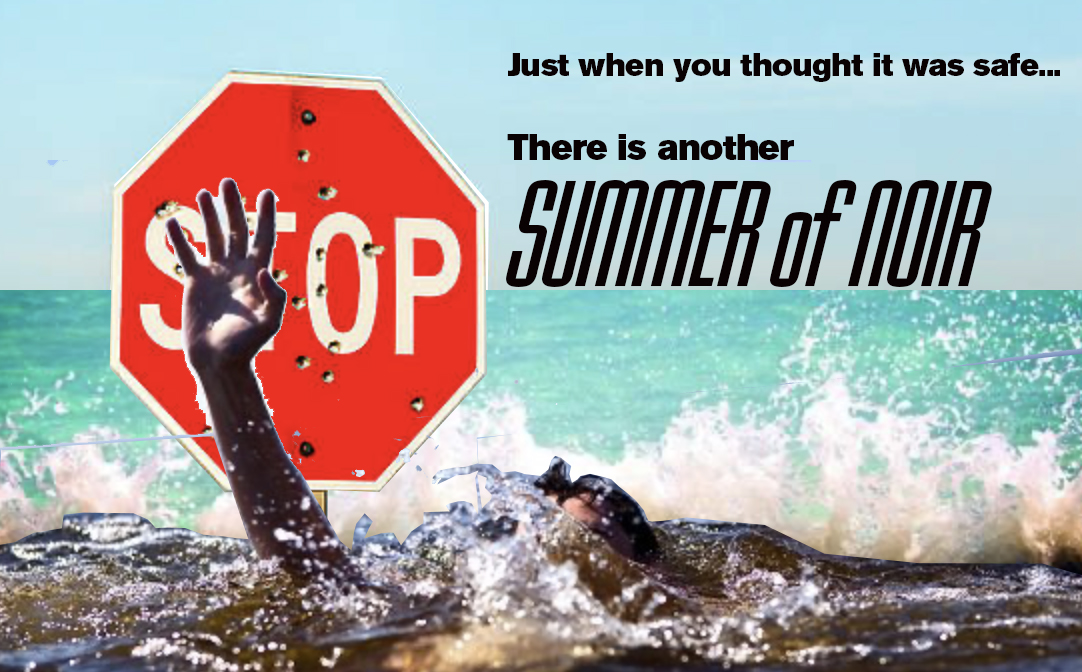
Fifth Summer of Noir: Last session this week (Derek Raymond and Denise Mina)
Online: Zoom link will be provided to registered participantsFor the last four summers, the MEP Literature Studies Group has delved into a wealth of noir fiction. This year our six selections will take us deep into the underbelly of capitalism – good for reading at the beach, on the subway, a train, boat or plane, or in your favorite reading chair safely at home. Join in for the last two books.
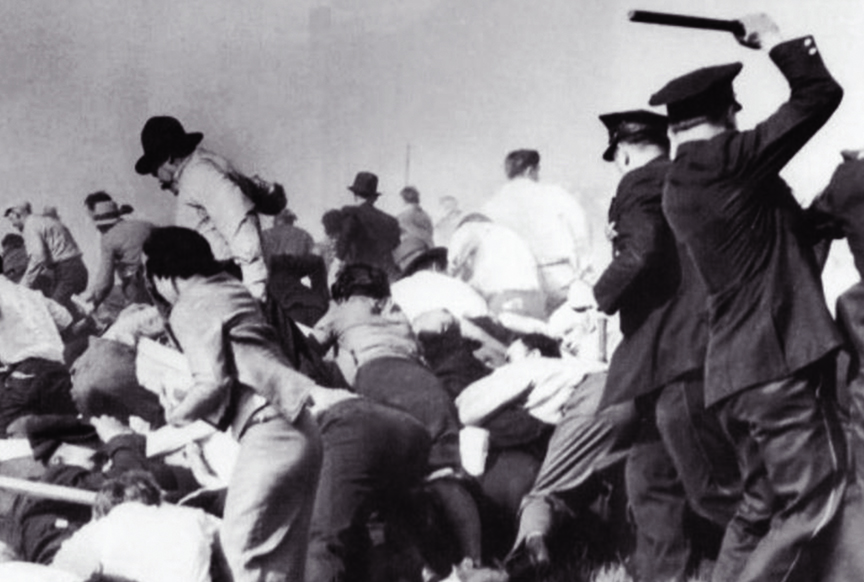
Political Economy of Labor Repression in the United States
Online: Zoom link will be provided to registered participantsAndrew Kolin presents a detailed explanation of the essential elements that characterize capital’s relations to the working class and how capital relies on various forms of repressing reform and revolutionary movements by workers. The repression is directly linked to the class struggle between capital and labor. The starting point examines labor repression after the American Revolution. Andrew’s book then follows the role of the state along with the explosive growth of American capitalism to analyze the long history of capital and labor conflict with details of the US state being aligned with the interests of capital throughout American history.

Looking Over the Abyss with Steven Colatrella and Michael Meeropol
Online: Zoom link will be provided to registered participantsEurope and subsequently the United States rose to power and wealth along with the rise of capitalism. But capitalism has now shifted its attention to Asia, even as the conditions of ordinary workers in Europe and North America decline, and the political influence of the West wanes. Looking Over the Abyss argues that only by breaking decisively with capitalism, and aligning themselves with the majority of the world’s people against exploitation, can the peoples of Europe and the United States save their societies.
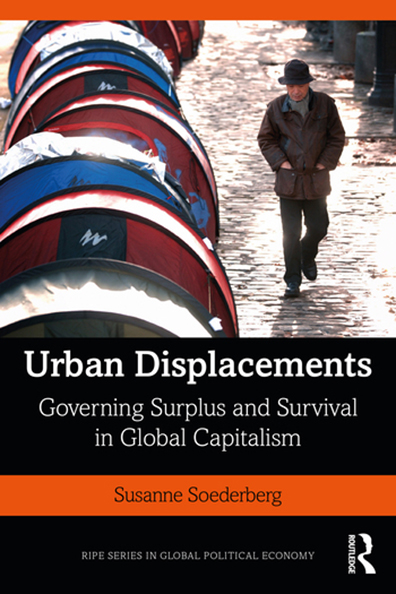
Urban Displacements and Contemporary Capitalism
Online: Zoom link will be provided to registered participantsSusanne Soederberg argues that historical and geographical configurations of monetized governance, including landlords, employers and inter-scalar state practices, have served to reproduce urban displacements and obfuscate their gendered, class and racialized underpinnings. The outcome is the everyday facilitation and normalization of urban poverty and social marginalization on one side, and capital accumulation on the other.

Capital, Volume II: The Process of Circulation of Capital
Online: Zoom link will be provided to registered participantsWe will begin our study of Volume II study by situating this volume in relation to the historical process of development of capitalist society which is premised on its specific social form of societal re-production, the production of capital. To do so we will study the closing sections of the Penguin edition of Volume I, specifically, Part VIII: "So-called Primitive Accumulation" and the “Appendix: Results of the Immediate Process of Production”.
Join us as we journey through this movement from the imaginary concrete to the abstract concrete to the real concrete. Come and challenge your way of thinking and understanding the world as it appears to you and begin to identify some of what needs to be overcome and done to bring about a better world.

The Bisbee Deportation / The Battle of Blair Mountain
Online: Zoom link will be provided to registered participants• On July 12, 1917, in the mining town of Bisbee Arizona, twelve hundred striking miners and their supporters were rounded up by forces organized by the town sheriff and the mining companies, marched through the town, parked in the town's baseball field, and then put in boxcars and shipped into the New Mexican desert.
• When the smoke cleared on the Battle of Blair Mountain, an estimated 1 million rounds were fired, dozens were killed, and 985 miners were arrested. The uprising was suppressed, but public awareness about the appalling conditions in which the miners were forced to live, work, and raise their families grew considerably.
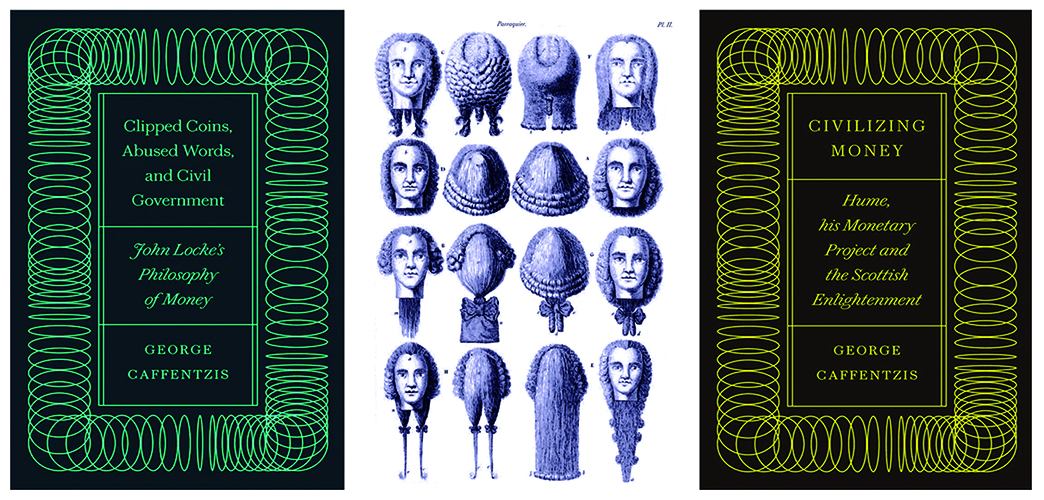
Clipped Coins and Civilizing Money: George Caffentzis on John Locke and David Hume
Online: Zoom link will be provided to registered participantsGeorge Caffentzis makes both an intervention in the field of monetary philosophy and into Marxist conceptions of the relation between philosophy and capitalist development. Clipped Coins and Civilizing Money have just been released by Pluto Press. George will be joined in discussion with Peter Linebaugh and Carl Wennerlind
Studies in the Works of Antonio Gramsci with Piruz Alemi
Online: Zoom link will be provided to registered participantsThis 10-week session has four sessions remaining which feature a close reading of Gramsci’s Prison Notebooks. We will look to connect cultures and their human rights struggles. We will also explore those who influenced Gramsci, particularly Marx, but also Machiavelli and Croce. This seminar is accessible to people at all levels of familiarity with Gramsci’s work, including those just beginning their studies of Gramsci. Join at any time.
Studies in the Works of Antonio Gramsci with Piruz Alemi
Online: Zoom link will be provided to registered participantsThis 10-week session has four sessions remaining which feature a close reading of Gramsci’s Prison Notebooks. We will look to connect cultures and their human rights struggles. We will also explore those who influenced Gramsci, particularly Marx, but also Machiavelli and Croce. This seminar is accessible to people at all levels of familiarity with Gramsci’s work, including those just beginning their studies of Gramsci. Join at any time.
Studies in the Works of Antonio Gramsci with Piruz Alemi
Online: Zoom link will be provided to registered participantsThis 10-week session has four sessions remaining which feature a close reading of Gramsci’s Prison Notebooks. We will look to connect cultures and their human rights struggles. We will also explore those who influenced Gramsci, particularly Marx, but also Machiavelli and Croce. This seminar is accessible to people at all levels of familiarity with Gramsci’s work, including those just beginning their studies of Gramsci. Join at any time.

The Warehouse: Workers and Robots at Amazon with Alessandro Delfanti
Online: Zoom link will be provided to registered participants“Delfanti has done here what more critics of Amazon should — listen carefully to the people whose work makes the corporation function. Those of us fighting for a better future than Amazon's dystopia have much to learn from this book”. — Dania Rajendra, Inaugural Director, Athena Coalition
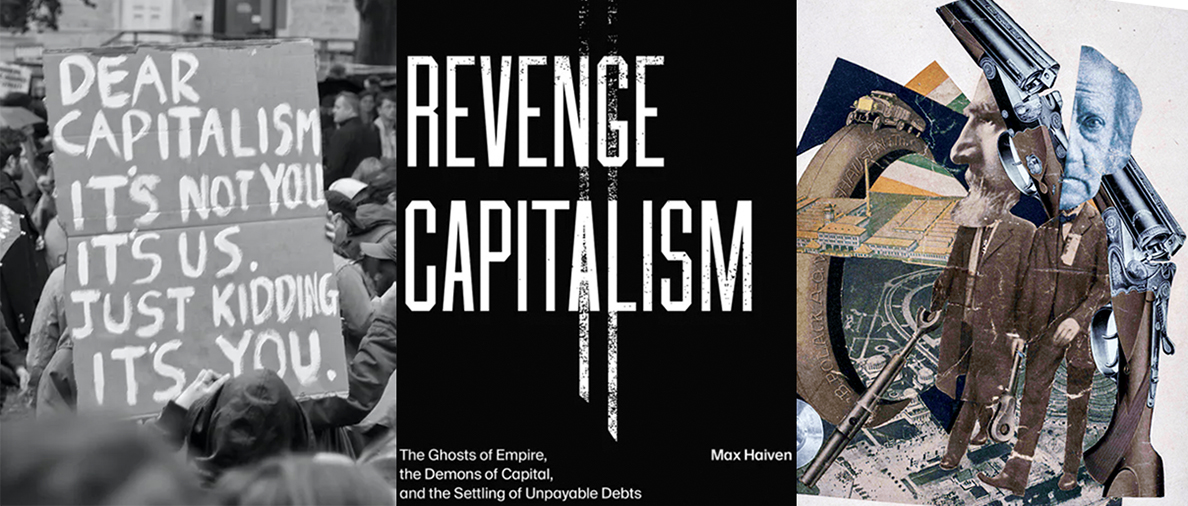
Revenge Capitalism with Max Haiven
Online: Zoom link will be provided to registered participantsIn Revenge Capitalism, Max Haiven argues that this economic vengeance helps us explain the culture and politics of revenge we see in society more broadly. Moving from the history of colonialism and its continuing effects today, he examines the opioid crisis in the US, the growth of 'surplus populations' worldwide and unpacks the central paradigm of unpayable debts - both as reparations owed, and as a methodology of oppression. Revenge Capitalism offers no easy answers, but Max has made a powerful call to the radical imagination: “When you live in someone else’s utopia, all you have is revenge. We live in capitalism’s utopia, a world almost completely reconfigured to suit the needs of accumulation. And the world’s alight, and ours is an age of vengeance. It is vengeance, sadly, that is usually directed at those who least deserve it and which leaves those whose actions led to the current state of affairs, or who benefit from it, free or even more empowered.” —Max Haiven, from his introduction to Revenge Capitalism

Women Write on the Verge of Historical Change: Last session
Online: Zoom link will be provided to registered participantsDuring this term, the MEP Literature Studies Group will read novels by women writers which explore the intersections of life in their communities, both at home and in the metropoles of Europe, India and the Philippines. These stories will take us to places and introduce us to people facing many of the dilemmas posed during late-stage capitalism, when the looming tipping points begin to collide. Reading and discussing these important writers could very well bring us to a broader sense of time and place. We will discussion Aminatta Forna and Gloria Apostol on December 2, 9, and 16.
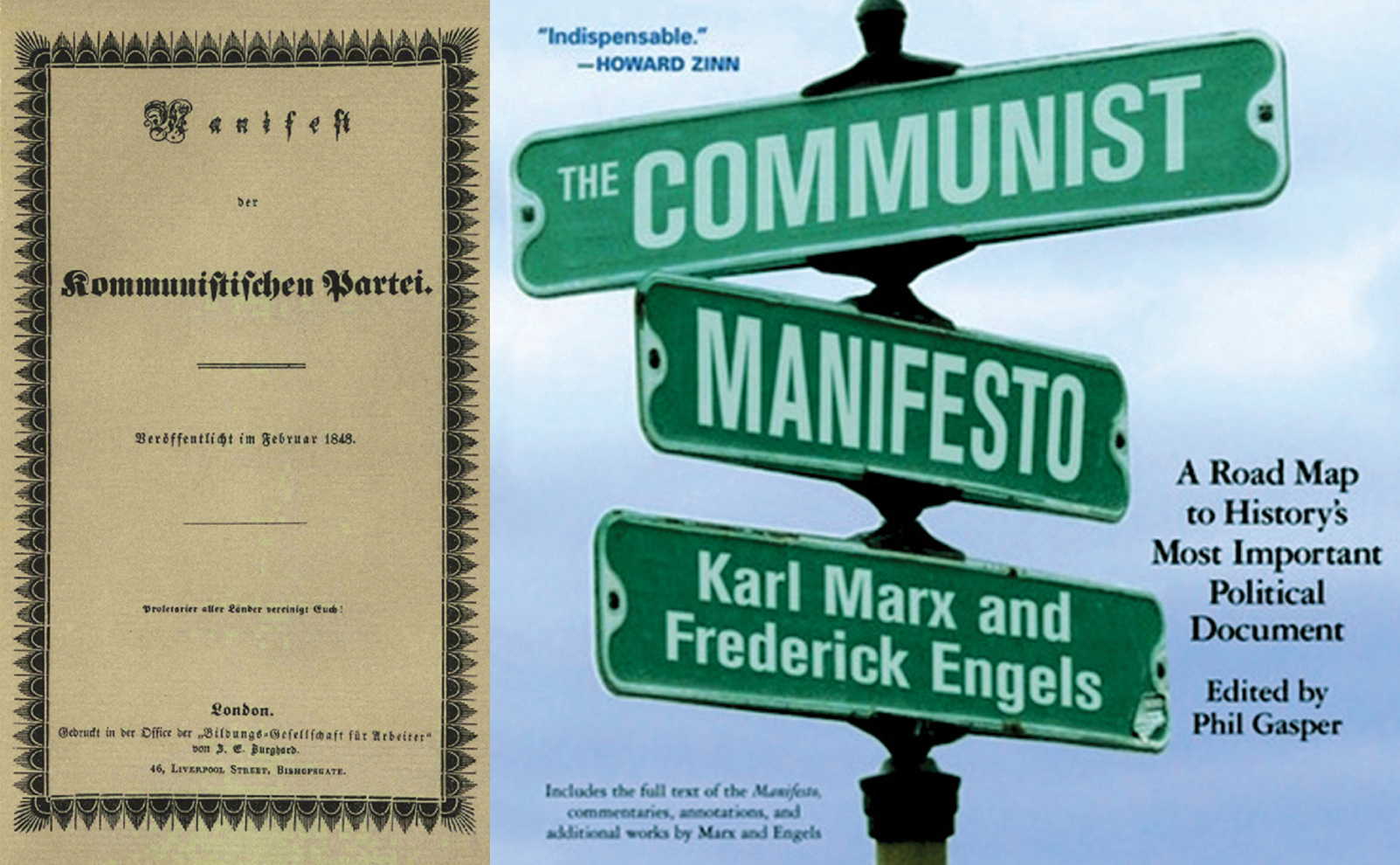
A Guide to The Communist Manifesto with Phil Gasper
Online: Zoom link will be provided to registered participantsIF YOU CANNOT OURCHASE ON OUR SITE, TICKETS ARE AVAILABLE AT EVENTBRITE: https://www.eventbrite.com/e/203494927807
Since Phil produced this edition, the English-reading left has had an authoritative introduction to history’s most important political document, with the full text of The Communist Manifesto by Marx and Engels. This beautifully organized and presented edition of The Communist Manifestois fully annotated, with clear historical references and explication, additional related texts, and a glossary that will bring the text to life for students, as well as the general reader. Since it was first written in 1848, the Manifesto has been translated into more languages than any other modern text. It has been banned, censored, burned, and declared “dead.” But year after year, the text only grows more influential, remaining required reading in courses on philosophy, politics, economics, and history.

Women Write on the Verge of Historical Change: Last session
Online: Zoom link will be provided to registered participantsDuring this term, the MEP Literature Studies Group will read novels by women writers which explore the intersections of life in their communities, both at home and in the metropoles of Europe, India and the Philippines. These stories will take us to places and introduce us to people facing many of the dilemmas posed during late-stage capitalism, when the looming tipping points begin to collide. Reading and discussing these important writers could very well bring us to a broader sense of time and place. We will discussion Aminatta Forna and Gloria Apostol on December 2, 9, and 16.
